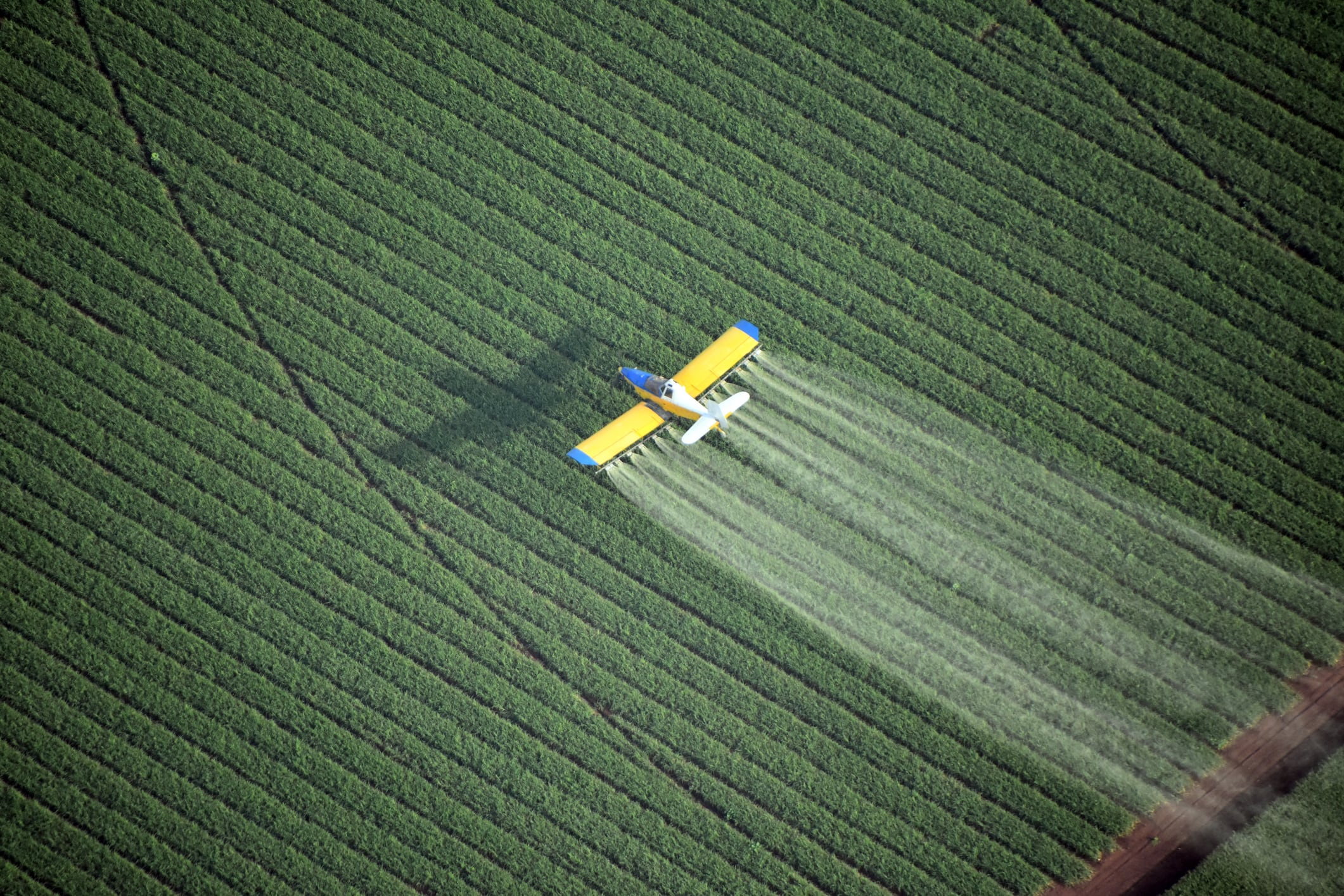Indonesia’s smallholders are far from ready for EUDR compliance.
Approximately 41% of Indonesia’s oil palm plantations—around 6.7 million hectares—are managed by independent smallholders.
These smallholders face several barriers when trying to comply with the EUDR.
Research has found that only 1% are certified as meeting the traceability and legality requirements set out by the EU.
One of the biggest issues is the lack of geolocation data, as many have not formally registered their land plots, making it difficult to prove the origin of their produce.
This is compounded by unclear land tenure, where overlapping claims or missing legal titles delay or even prevent certification.
Additionally, limited digital literacy and poor internet infrastructure hinder the adoption of traceability tools, which are critical for meeting EUDR standards.
Furthermore, the region’s fragmented supply chains also present obstacles.
“Produce often mixes in collection points, breaking the ‘chain of custody’ required for EUDR,” said Jusupta Tarigan, impact program manager palm oil at Swiss-Indonesian agritech firm KOLTIVA.
Finally, land status restrictions pose yet another barrier.
“Some farmers have cultivated land located in areas classified as forest zones or forestry cultivation areas, which complicates compliance with legal land use requirements,” said Tarigan.
Empowering 600 smallholders
In July, PT REA Kaltim Plantations (REA) advanced its SmallHolder INclusion for Ethical Sourcing (SHINES) programme to support over 600 independent smallholders in Kutai Indonesia with Roundtable on Sustainable Palm Oil (RSPO) certification and EUDR compliance through traceability and farm assessment tools.
Originally launched in October 2024, SHINES brings together corporate partners to drive transformative changes and foster shared responsibility across the value chain.
To support traceability and compliance efforts, REA brought in KOLTIVA to carry out farm assessments, polygon mapping, and roll out its KoltiTrace digital traceability platform.
“KOLTIVA provides end-to-end traceability solutions through its KoltiTrace system, combined with on-the-ground technical assistance. Field agents conduct GPS mapping, verify farmer identities and land status, and support documentation for compliance,” said Tarigan.
“In the next 12 months, success means enabling thousands of smallholders in East Kalimantan to register their plots, verify land legality, and ensure their produce flows through a deforestation-free and traceable supply chain. This includes full polygon mapping and STDB registration for at least 5,000 smallholders, digital onboarding through FarmGate to capture compliant transactions, and establishing QR-code-based tracking across the supply chain.”
Beyond meeting regulatory requirements, EUDR compliance presents long-term benefits for smallholders.
Tarigan highlighted that certified palm oil can command market premiums, offering higher income potential. Access to traceable data makes smallholders more creditworthy, unlocking agricultural loans and facilitating premium disbursements.
Compliance efforts also promote sustainable agricultural practices through Good Agricultural Practices (GAP) training, leading to better yields and improved soil health. Moreover, digital onboarding and cooperative training empower communities and strengthen local institutions.
Ultimately, aligning with EUDR ensures continued access to high-value export markets, providing smallholders with a buffer against future trade disruptions.
Scaling up from 1%
The scale of the challenge is daunting, but the SHINES programme offers a cautiously optimistic path forward through targeted support and technology-driven solutions.
“While the 1% figure highlights a daunting gap, rapid progress is possible with the right ecosystem. By combining digital traceability tools like KoltiTrace with localised field support, scale-up becomes feasible,” said Tarigan.
He added that success would depend on strong strategic partnerships with palm oil companies, cooperatives, and local governments. Shared investments in both digital and human infrastructure will also be essential, along with incentives for early adopters, such as premium payments or guaranteed market access.
At the moment, the private sector is starting to respond to the EUDR challenges for smallholders, but progress is “not yet at scale”, said Tarigan.
“Leading firms like REA is piloting successful models, but broader industry buy‑in is needed,” he said.
One barrier is the cost of traceability solutions, which remain relatively high. Shared service models or government subsidies could help make these tools more accessible.
Encouragingly, more agritech startups and buyer-funded initiatives are entering the scene, suggesting growing interest and commitment, Tarigan said.
However, there remains a clear need for better coordination.
“A national-level roadmap is essential to align private sector efforts and avoid fragmented investments,” said Tarigan.





